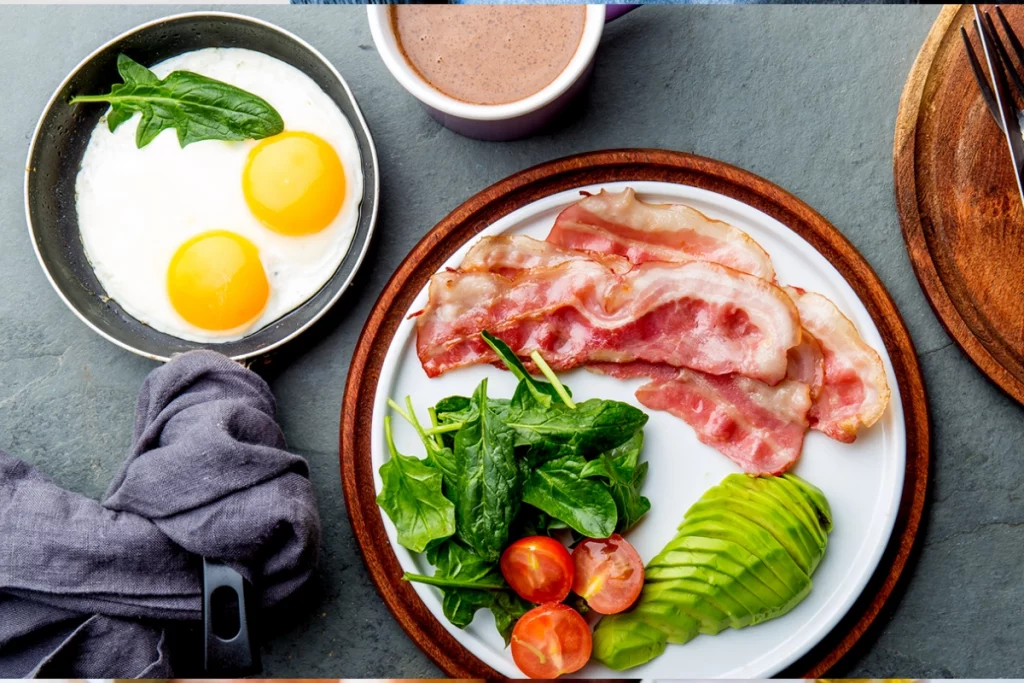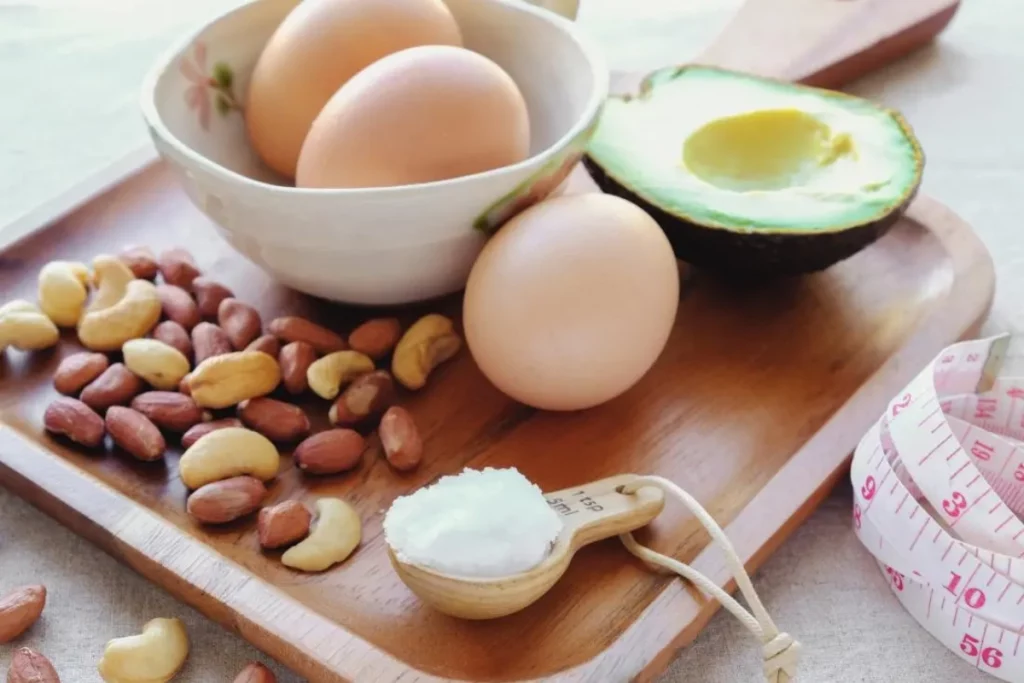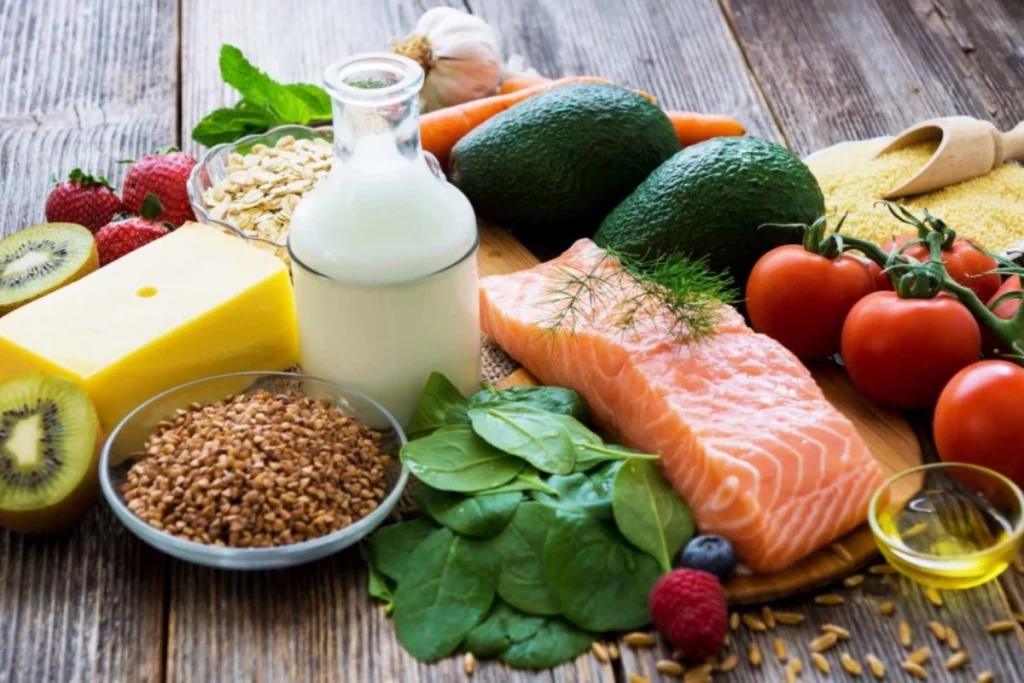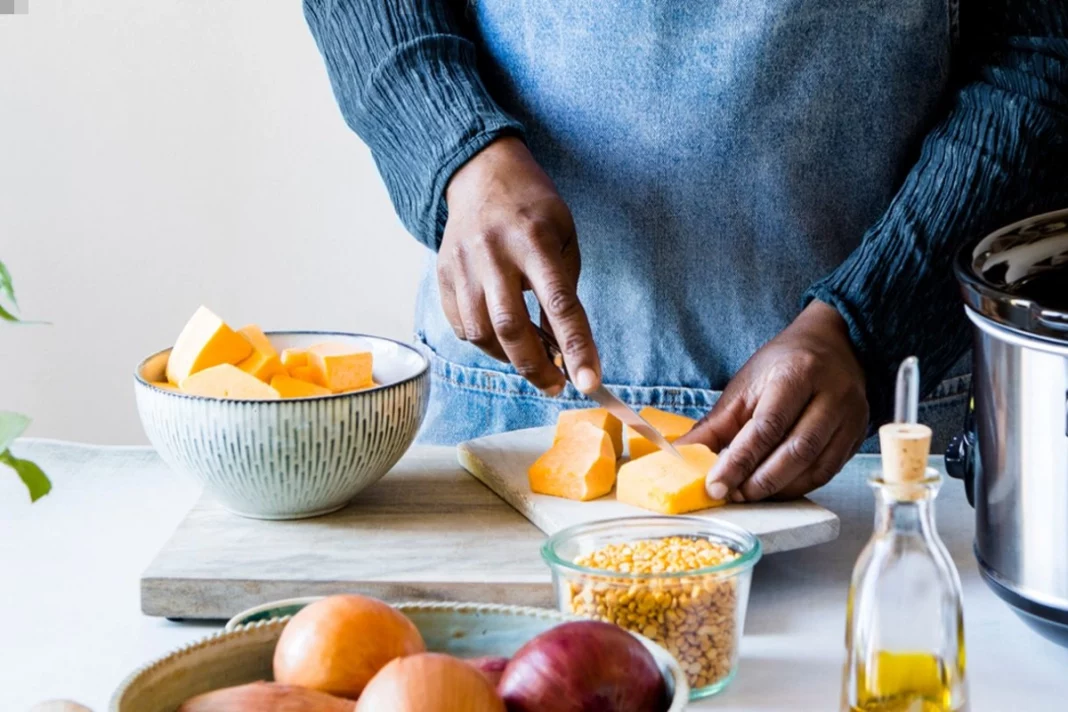Keto diet: The keto diet is a high-fat, low-carb, low-to-moderate protein diet. The primary objective of ketogenic diet is to limit carbs to the point that you stimulate ketogenesis and enter nutritional ketosis.
The keto diet may be simple but could be difficult for the beginners. If you have been having high-carb foods, it requires a massive change in lifestyle to filling up on fat for fuel.
With keto diet you may lose the same amount or slightly more weight as other popular diets. But experts say that keto can help with many of the common conditions like heart disease, type 2 diabetes, and Alzheimer’s.
The right foods

Keto meal plan severely limits carbs. Make sure that you know what foods have mostly fat and protein. Bread, pasta, chips, cookies, candy, and ice cream contain carbs. Beans may contain protein, but they’re also very high in carbohydrates. Fruit and veggies also mostly contain carbs. The only foods that don’t contain carbs are meat (protein) and pure fats like butter and olive oil.
Take high fat food
Make small adjustments to what you eat every day. Instead of potatoes or rice, opt for a nonstarchy veggie. Use more oil such as olive or avocado oil. Realize that old dieting habits like making a plain skinless grilled chicken breast will not work as you are not getting enough fat.

Have moderate protein
Do not gorge on protein. You have to keep your protein intake moderate. Protein can be converted into glucose, and therefore overeating protein can take your body out of ketosis. Take a small portion of meat topped with a generous amount of fat and not the other way around.
DON'T MISS
Talk to your family about keto diet
You may not be able to eat what they’re eating so explain and prepare them for your new diet.
Know the side effects
Be prepared for the keto flu. It is a term for the period after you start the diet when your body is adjusting to burning fat for energy. Initially you may feel extremely lethargic, experience mental fog. Keto also causes constipation, or potentially diarrhea, because of a change in fiber intake.
Increase electrolytes

In ketosis kidneys excrete more water and electrolytes. Take malt in food, drink salted bone broth, and eat nonstarchy veggies, such as asparagus, kale, bell peppers.
Those with health conditions like diabetes, hypertension or struggling with GI issues must consult their doctor before starting keto diet.
For all the news updates subscribe to our YouTube channel ‘DNP India’. You can also follow us on FACEBOOK, INSTAGRAM, and TWITTER.



